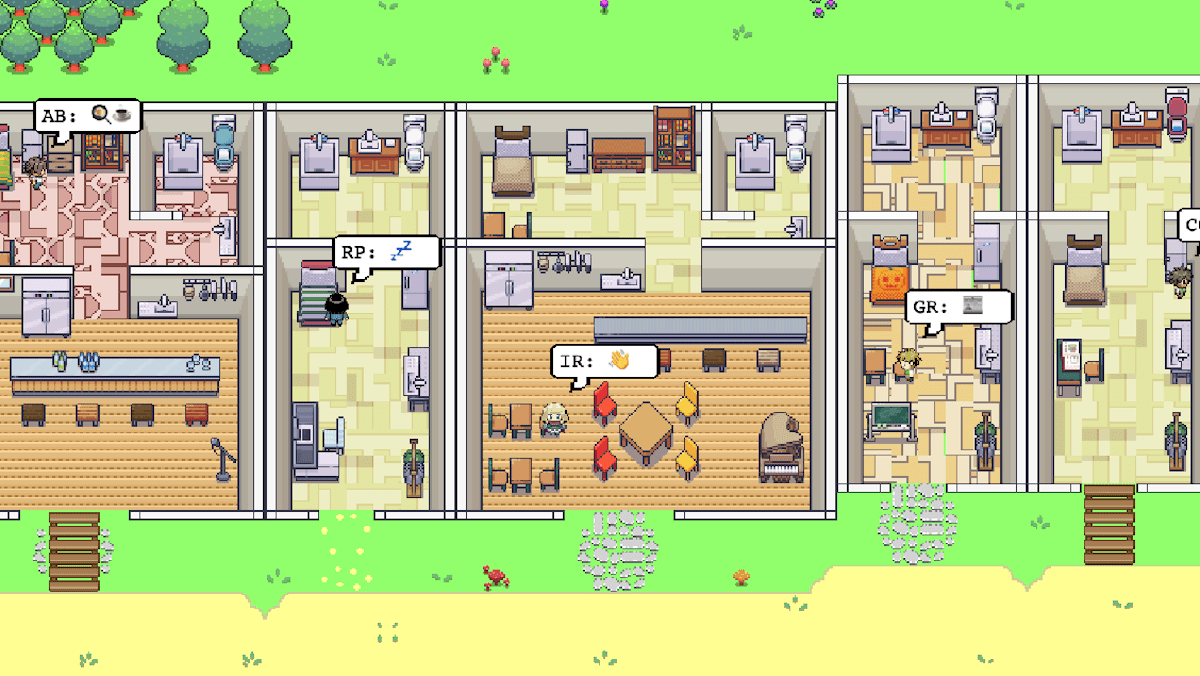ChatGPT meets The Sims: The ultimate simulation experience

Researchers have filled a small town with AIs and set them loose to observe their behaviors, something like making ChatGPT play The Sims. The experiment was conducted by Stanford and Google researchers; however, the results weren't that surprising.
Stanford and Google researchers created generative agents, computational software agents that simulate believable human behavior, and set them loose in a tool-like environment. Even though they looked like cute little people walking around the town, interacting with each other, they were actually a series of exchanges between various ChatGPT instances. The information relevant to each agent is organized and synthesized via a complicated text layer that is hidden.
"Believable proxies of human behavior can empower interactive applications ranging from immersive environments to rehearsal spaces for interpersonal communication to prototyping tools. In this paper, we introduce generative agents--computational software agents that simulate believable human behavior," says the paper.
Related: Most INSANE things ever done on ChatGPT (GPT-4)
25 generative agents played different roles
There were 25 different generative agents that were prompted with similar information to play different roles in the town. Think of it as a real town, including people with different jobs and duties. All agents are given a different role, and they are expected to make their next move on their own, given the time and circumstances. For example, the researchers tell a character that it is time to wake up, so the agent goes and brushes its teeth, etc.
"We instantiate generative agents to populate an interactive sandbox environment inspired by The Sims, where end users can interact with a small town of twenty five agents using natural language," the researchers said in the paper.
Generative agents have personalities and memories given by the researchers. In a way, the researchers wanted to play Sims using ChatGPT. It turned out that these agents managed to communicate with each other at a decent level. For example, they gave one of the generative agents a mission to run for mayor, and he started going around, announcing his candidacy to his neighbors.
"During the two-day simulation, the agents who knew about Sam's mayoral candidacy increased from one (4 percent) to eight (32 percent), and the agents who knew about Isabella's party increased from one (4 percent) to twelve (48 percent), completely without user intervention," said the researchers.
It showed ChatGPT's capabilities on future implications for simulations of human interactions. The study presents a model that may be more practical in real-world situations.
Advertisement
That all sounds a lot like the movie Free Guy :)